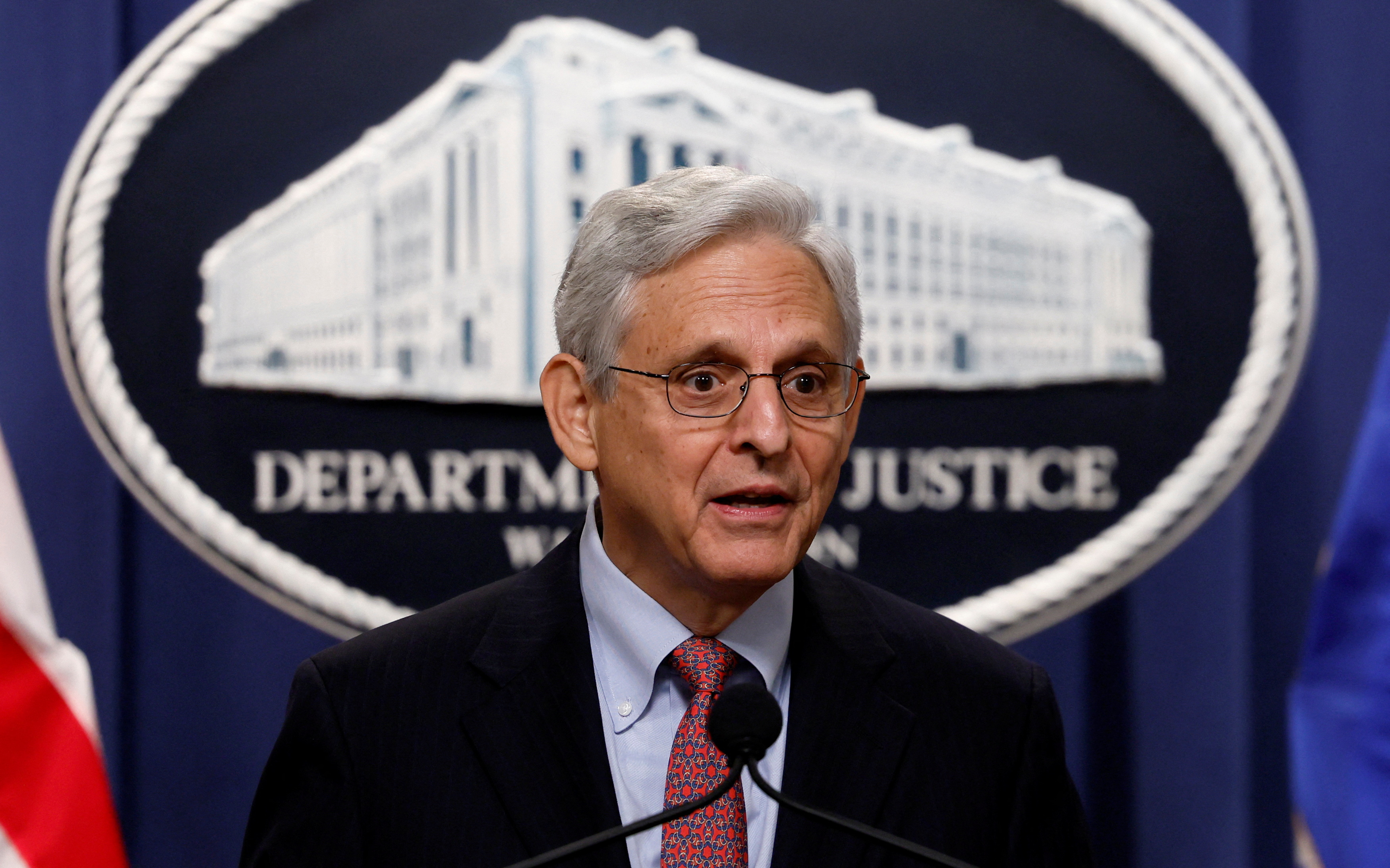Because a free and independent press is vital to the functioning of our democracy, the
Department ofJustice has long employed procedural protections and a balancing test to restrict
the use of compulsory process to obtain information from or records of members ofthe news
media.
There are, however, shortcomings to any balancing test in this context. The United States
has, of course, an important national interest in protecting national security information against
unauthorized disclosure. But a balancing test may fail to properly weight the important national
interest in protecting journalists from compelled disclosure of information revealing their
sources, sources they need to apprise the American people ofthe workings oftheii: government.
To better protect that interest, the Department is now adopting the following policy:
A. Prohibition on the Use of Compulsory Process
1. The Department ofJustice will no longer use compulsory legal process for the purpose of
obtaining information from or records ofmembers of the news media acting within the scope of
newsgathering activities, as set out below.
2. This new prohibition applies to compulsory legal process issued to reporters directly, to their
publishers or employers, and to third-party service providers of any ofthe foregoing. It extends
to the full range of compulsory process covered by the current regulations, specifically,
subpoenas, warrants, court orders issued pursuant to 18 U.S.C. § 2703(d) and§ 3123, and civil
investigative demands. Further,
it applies regardless ofwhether the compulsory legal process
seeks testimony, physical documents, telephone toll records, metadata, or digital content.
3. As with the current regulations, this prohibition on compulsory process does not apply to
obtaining information from or records of a member ofthe news media who is the subject or
target of an investigation when that status is not based on or within the scope of newsgathering
activities.
Subject: Use of Compulsory Process to Obtain Information Page2
From, or Records of, Members of the News Media
a. The prohibition does not apply when a member ofthe news media is under
investigation for a violation of criminal law, such as insider trading. Nor does it apply to
a member ofthe news media who has used criminal methods, such as breaking and
entering, to obtain government information.
b. The prohibition does apply when a member ofthe news media has, in the course of
newsgathering, only possessed or published government information, including classified
information. This does not, however, affect the Department's traditional ability to use
compulsory legal process to obtain information from or records of, for example, a
government employee (rather than a member ofthe news media) who has unlawfully
disclosed government information.
4. As with the current regulations, this prohibition also does not apply:
a. to an entity or individual who comes within the small category ofthose to which the
protections ofthe current regulations do not extend, such as an agent of a foreign power
or a member of a foreign terrorist organization;
b. when the member ofthe news media agrees to provide or consents to the provision of
the requested information or records with a subpoena or other form of compulsory
process; or when the Department seeks already-published information or records for the
purpose of authentication; or
c. when the use of compulsory legal process is necessary to prevent an imminent risk of
death or serious bodily harm, including terrorist acts, kidnappings, specified offenses
against a minor (as defined in 34 U.S.C. § 20911(7)), or incapacitation or destruction of
critical infrastructure (as defined in 42 U.S.C. § 5195c(e)).
5. In the limited circumstances in which it remains permissible to use compulsory legal process
for the purpose of obtaining information from or records of a member ofthe news media, current
exhaustion and component approval requirements continue to apply. Further, as an interim
measure while regulations are drafted, additional advance approval must also be obtained from
the Deputy Attorney General for any use of compulsory legal process for the purpose of
obtaining information from or records of a member ofthe news media. Ifthere is any
uncertainty about the applicability ofthis memorandum to a particular circumstance, the Deputy
Attorney General must be consulted before process is sought.
6. Other issues currently addressed by Department regulations, but not subject to the prohibition
of this Part, will be addressed in the review process discussed in Part B.
B. Regulations and Legislation
1. Because the goal is to protect members ofthe news media in a manner that will be enduring, I
am asking the Deputy Attorney General to undertake a review process to further explain,
Subject: Use of Compulsory Process to Obtain Information Page 3
From, or Records of, Members ofthe News Media
develop, and codify the above protections in regulations, after consulting with the relevant
internal and external stakeholders.
2. As part of that review, the Deputy Attorney General will examine existing regulations to
determine how those regulations should be tightened in the limited circumstances in which it
remains permissible to use compulsory legal process for obtaining information from or records
of a member ofthe news media. That review will also determine whether there are additional
forms of legal process to which further restrictions should be extended consistent with the intent
of this memorandum.
3. Also as part ofthat review, the Deputy Attorney General will examine the procedures used to
safeguard information from or records ofmembers of the news media obtained by compulsory
legal process in the limited circumstances in which that remains permissible, as well as such
information or records that were previously obtained. That examination will include developing
procedures for the appropriate destruction or return of such information or records, as permitted
by law.
4. Finally, to ensure that protections regarding the use of compulsory legal process for obtaining
information from or records of members of the news media continue in succeeding
Administrations, the Department will support congressional legislation to embody protections in
law.


